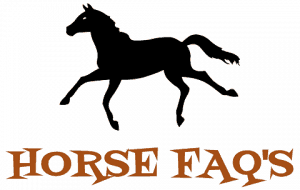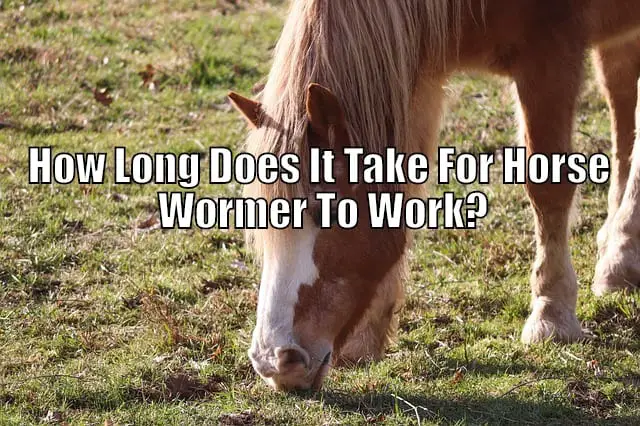Horses, especially those outside the wild, are often affected by worms. Therefore, very often the horse needs a worming procedure. In this way, we can protect the horse from unwanted parasites and bring it back to its usual frisky mood.
How long until horse wormer starts working? Many horse owners, faced with a similar problem, wonder how long it will take for this procedure to work. Of course, it depends on the drugs used and the type of worms that the horse suffers. Results usually occur within 12-24 hours after the worming procedure.
It is worth considering that the anthelmintic drugs for horses are medicinal substances that are prescribed for the purpose of removing the worms from the body after their prior stunning to the complete impossibility of reproduction and revitalization. All horses in the stable must adhere to a single deworming program, that is, animals living and grazing together should receive the medicals at the same time.
Make sure you don’t miss out on the Best Gifts for any Cowgirl shipped to your door in as little as 2 days! Just Click Here to see the most popular!
How the horse worming works
To more accurately determine the time during which the worming acts, you need to know how badly the horse suffers and what particular parasites are present in its body. To do this, you must pass the analysis of manure in the laboratory and only after that you can choose the right product and calculate the duration of action. If the stage is not running, then the first results will be within 7-12 hours, if there are too many worms, then 24 or even 48 hours may be required. There are also drugs that should be taken within a few days to achieve the desired result. Therefore, in any case, you should consult with a veterinarian, having previously passed the tests. Anthelmintic drugs for horses should not threaten the animal with any harm. In case of severe infection with adult worms and larvae, colic can happen, the horse can feel bad. Colic may appear within an hour – three after giving the drug, and at this time it is necessary to keep the horse under observation.
To understand whether worming procedure has worked for a long-term period, after 17-20 days it is worth re-examining to make sure that our horse is healthy and the drug has acted as it should. Typically, the principle of action of the drug for worming is to either impede the nutritional process of the parasites or cause paralysis. After deworming (after 48 hours), it is necessary to thoroughly remove the entire litter, disinfect the floor and walls with an antiseptic solution, especially for stalls that contain foals. It is necessary to clean out all the stables and items of care!
Related Questions
Is the problem of parasites acute and in the wild?
In the wild, horses do not practically suffer from worms. Why? It’s simple: at large horses have at their disposal vast spaces, and once in the care of a person, they find themselves on tiny to fenced pastures, not to mention stalls and stalls, and as a result, they are constantly in contact with their own and other people’s excrements. Worm eggs enter the body of a horse with grass, and new generations of eggs are released along with manure, and when horses have to graze in the immediate vicinity of their own heaps, the likelihood of re-infection increases many times.
What are the signs that a horse has worms?
A horse may be clothed with the following clinical signs: weight loss; loss of appetite (anorexia); exhaustion; despite good nutrition, the horse does not gain weight; stomach problems; intestinal obstruction, constipation; diarrhea; jaundice; depression; anemia (pallor of mucous membranes); leg swelling; weakening of the immune system, pain; cough; labored breathing; discharge from the nose; tail sweeps; dull ruffled wool; decreased performance; weakness. So it is an important thing to take care of your horse and to pay attention to its physical and mental health.
Summary
Worming works depending on the severity of the problem. In this case, an important factor is a consultation with the veterinarian, because the main goal is not to harm the horse. Often the procedure of worming should be periodically repeated to protect the horse and achieve the best effect. So, take care and use the right worming method and your horse will feel better.

